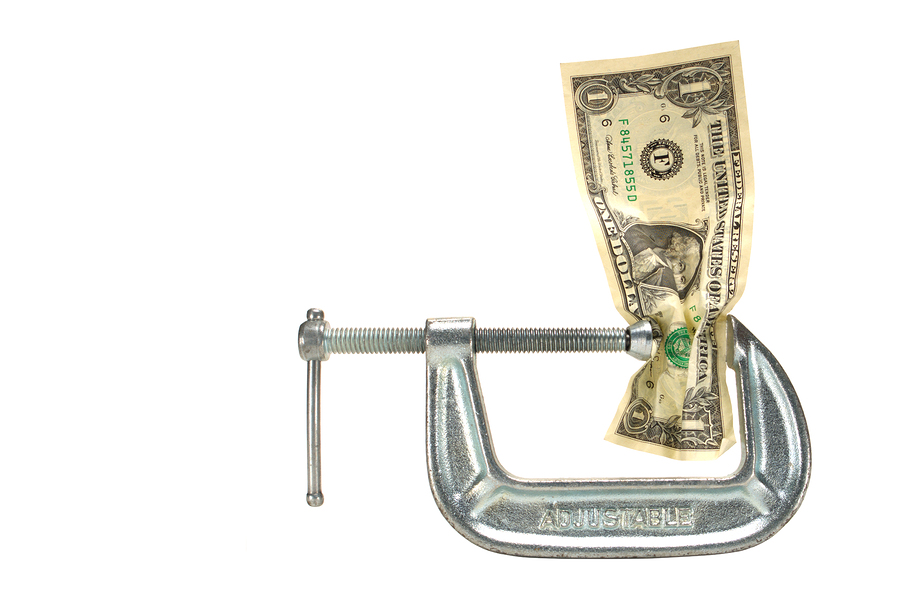Unpaid invoices and mismanaged accounts receivable can cause big headaches. According to a new survey, as many as 79 percent of small business owners say they’ve skipped paying themselves when cash is tight because of late receivables.
The survey, sponsored by cash flow optimization platform Fundbox, is based data gathered from responses nationwide across numerous SMB industries. The study was designed to better understand the microeconomic impact of unpaid or late payments.
Other recent studies showed that 64 percent of SMBs get paid late and that the total in unpaid invoices across all U.S. SMBs is approximately $825B. This latest study digs deeper to find out what happens to businesses when paid late, where spending cuts are made first, how it affects employees, and what would happen if they were paid on time.
Key findings include:
- 79 percent of small business owners said they can’t pay themselves
- 23 percent can’t hire new employees
- 23 percent can’t invest in new equipment
- 20 percent said they stop marketing efforts
- 18 percent hold back on pay increases or bonuses for employees
- 17 percent said they cannot build up inventory
- If paid on time, Fundbox estimates that these SMBs across the U.S. could hire an additional 2.1 million employees. That would reduce unemployment in the US by 27 percent.
The impact of these results reveal that when a small business is not paid on time they ultimately fall behind on bills and mortgage payments; they can’t take on new projects to grow; they are unable to fill large orders; revenue stagnates; employees leave and they lose their competitive edge.
If paid on time, Fundbox estimates that each SMB owner could pay themselves an incremental $30,990, purchase $9,207 in new equipment, invest an incremental $8,308 in marketing, spend $7,411 in pay increases or bonuses to employees, and build up an incremental $6,737 in inventory.
“Being paid late is an unfortunate reality faced by most small businesses. This has a massive trickle down effect on the owner, the company, and the economy,” said Prashant Fuloria, Chief Product Officer for Fundbox. “We have a strong pulse check on small businesses, and this study further underscores the critical need for services like Fundbox that solve small business owners’ cash flow problems.”
Small business owner Stephen Lockeby, who operates Blackstone Services, a construction company in Oklahoma, said, “As a small business it seems I have two options that have any integrity to them. Those are: to not pay myself, and to reduce marketing costs. Not paying myself is first because reducing marketing cost is about equivalent to hitting a self destruct button.”
“When we are not paid on time or slowly, we cannot obtain big customers because big customer accounts require more capital to service,” said Jose Ramirez, who runs Supreme Maintenance Solutions in Texas.
Fundbox has developed a tech-powered tool that employs advanced underwriting algorithms and deep learning capabilities to instantly advance funds tied up in outstanding invoices, helping business owners eliminate their cash flow challenges and grow their business. To date, Fundbox has served 50K+ SMBs and has approximately 40M B2B invoices on its platform.
Thanks for reading CPA Practice Advisor!
Subscribe Already registered? Log In
Need more information? Read the FAQs




